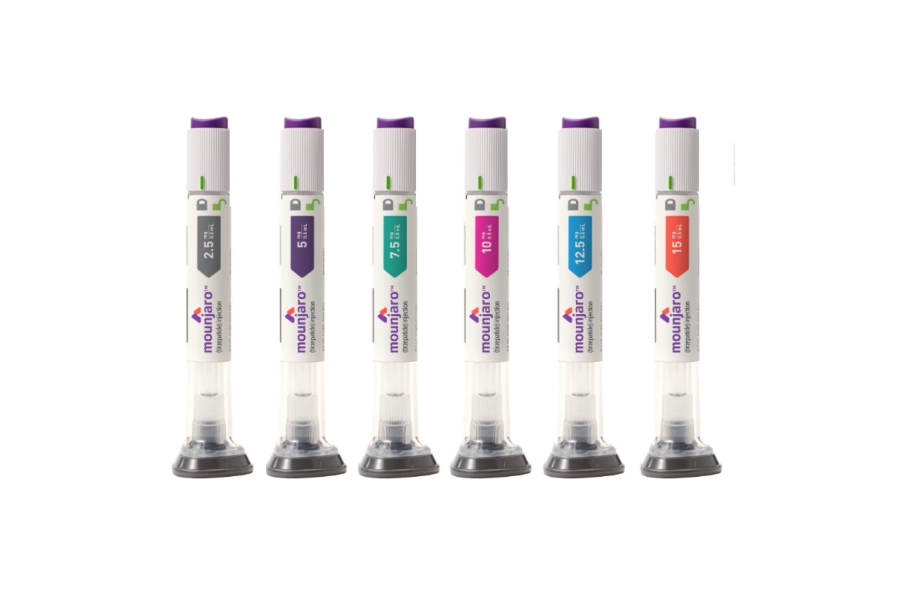Lilly says Mounjaro launch is "viral in nature"

One of the highlights of Eli Lilly's third-quarter results was the rapid uptake of new type 2 diabetes therapy Mounjaro, which added more than $97 million in US sales alone in what has been described as "viral" take-up by the drugmaker.
Lilly's head of diabetes, Mike Mason, said on the company's results call that the rollout of Mounjaro (tirzepatide) was "really unprecedented" for a new diabetes therapy in the US, and had been driven by "tremendous patient satisfaction and the visible results that people experience."
Mounjaro was approved by the FDA in May, becoming the first combined GLP-1/GIP agonist to reach the market, but has also benefitted from supply constraints from Novo Nordisk's GLP-1 agonist Ozempic (semaglutide), a key competitor.
Mason acknowledged that, noting that take-up is a "dynamic situation", given the uncertainty of competitor supply, and data on titration rates and patients stopping or not adhering to therapy, are still not mature.
Nevertheless, Mounjaro arrived on the scene with clinical data showing that it was more effective than Ozempic at controlling blood sugar levels and achieving weight loss in adults with type 2 diabetes, although the comparison was made before Novo Nordisk launched a higher-strength version of its drug.
The launch of Mounjaro always raised the risk that it would cannibalise sales of Lilly's own GLP-1 agonist Trulicity (dulaglutide), which is competing head-to-head with Ozempic in the market, but the company says there is little evidence of that so far.
Around 70% of new prescriptions for the drug are for patients who haven't received this type of therapy in the past, with fewer than 10% switching from Trulicity, said Lilly's chief financial officer Anat Ashkenazi on the call.
Now, Lilly's focus is on international expansion – with approvals for diabetes in Europe and Japan already in the bag – and increasing manufacturing capacity for tirzepatide, as well as approval of the new drug as an obesity therapy.
The company plans to start a rolling application with the FDA for obesity later this year, based on the results of the SURMOUNT-1 trial, which will conclude shortly after the readout of SURMOUNT-2 around April 2023.
A third trial called SURMOUNT-MMO is looking at morbidity and mortality outcomes in obesity patients treated with the dual agonist, hoping to demonstrate that the weight loss achieved with the drug can reduce patients' risk of complications such as major adverse cardiovascular events (MACE).
The FDA has already awarded fast-track status to tirzepatide in obesity, which it will compete with Novo Nordisk's fast-growing Wegovy brand of semaglutide.
Assuming all goes to Lilly's plan, analysts at EvaluatePharma have previously predicted that sales of tirzepatide could break the $1 billion barrier as early as 2024, and the $3 billion threshold two years later.
Along with $97 million in US sales, Lilly also claimed $86 million in Mounjaro revenue related to a sales collaboration agreement with Mitsubishi Tanabe for the right to sell and distribute Mounjaro in Japan.













